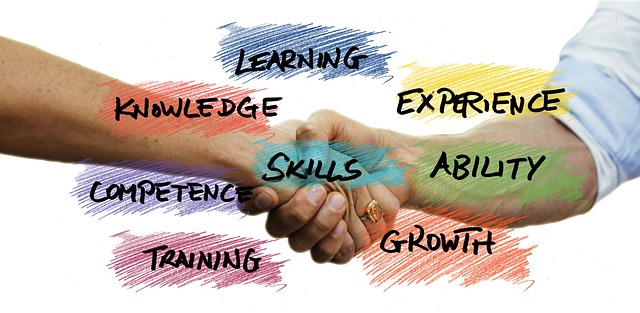
The 70-20-10 Leadership Development Model is a holistic framework that underscores the diverse ways in which leaders grow and evolve. This model suggests that effective leadership development arises from a blend of varied learning experiences: 70% from challenging assignments and on-the-job experiences, 20% from developmental relationships, and 10% from formal education and coursework.
At the heart of this model is the recognition that the most impactful learning occurs through real-world experiences. The 70% component emphasizes that leaders develop most rapidly when they are immersed in roles or projects that stretch their skills and push them out of their comfort zones. It’s in the throes of tackling day-to-day challenges and solving complex problems that leaders gain invaluable insights, learn to adapt, and refine their decision-making and problem-solving skills.
The 20% component acknowledges the significant role that relationships play in a leader’s development. This includes learning from mentors, coaches, and peers. Feedback, observation, and interaction within this network are crucial for providing leaders with different perspectives, advice, and support. These relationships foster a deeper understanding of oneself and enhance one’s ability to work collaboratively within a team.
Lastly, the 10% component highlights the importance of formal education—courses, seminars, workshops, and reading. Although it’s the smallest portion, it’s essential for providing foundational knowledge and theories that leaders can apply in their roles.
The beauty of the 70-20-10 model lies in its flexibility and adaptability. It acknowledges that leadership development is personal and nonlinear, allowing organizations and individuals to tailor their growth strategies to best fit their unique contexts and goals. By leveraging this model, aspiring leaders can cultivate a well-rounded set of skills and insights, equipping them to lead with confidence and agility in an ever-changing world.
Related Posts
 Finding Stillness
Finding Stillness
 The Fire That Forges
The Fire That Forges
 Eudaimonic Happiness: Start Now
Eudaimonic Happiness: Start Now

